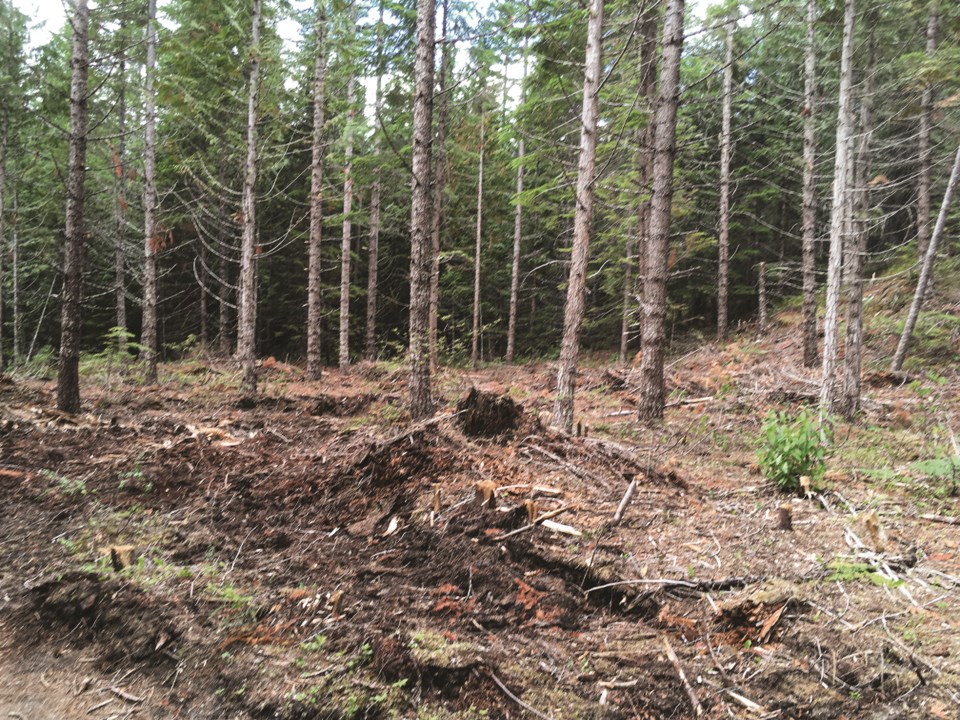 Whistler’s mayor and council has formally referred an independent local study into the effects of fuel thinning to its staff after its author submitted it to them with a request the practice be stopped—but told her one study was unlikely to change policy on the matter. Speaking at the Sept. 10 regular council meeting during the public comment period, Dr. Rhonda Millikin, a retired ecologist, submitted her self-funded, peer-reviewed study and stressed the weight of the work put in, and the implications of its findings. “Fuel-thinning compromises the natural resilience of Whistler’s forest to wildfire,” she said. “Fuel-thinning increases solar radiation, wind speed and ambient air temperature, and decreases relative humidity and dead fuel moisture … The combined effect that we observed was a 58-per-cent increase in wildfire potential in spring, and a 37-per-cent increase in wildfire potential in late summer.”
Whistler’s mayor and council has formally referred an independent local study into the effects of fuel thinning to its staff after its author submitted it to them with a request the practice be stopped—but told her one study was unlikely to change policy on the matter. Speaking at the Sept. 10 regular council meeting during the public comment period, Dr. Rhonda Millikin, a retired ecologist, submitted her self-funded, peer-reviewed study and stressed the weight of the work put in, and the implications of its findings. “Fuel-thinning compromises the natural resilience of Whistler’s forest to wildfire,” she said. “Fuel-thinning increases solar radiation, wind speed and ambient air temperature, and decreases relative humidity and dead fuel moisture … The combined effect that we observed was a 58-per-cent increase in wildfire potential in spring, and a 37-per-cent increase in wildfire potential in late summer.”
